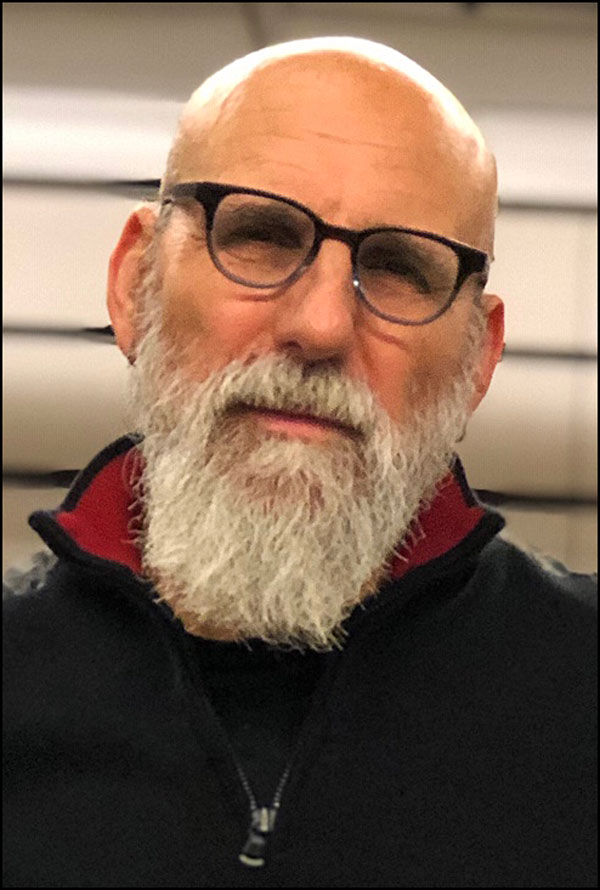The relationship between culture, religion and spirituality are the cornerstones in Rabbi Shaul Magid’s belief of manifesting in the fullness of life. Magid, a distinguished fellow in Jewish Studies at Dartmouth College, works to exemplify the advances and critiques made by the New Age Movement in the 1970s. He will be giving his lecture, titled “Can Religion Survive Spirituality? A View from Jewish Mysticism after the New Age,” at 2 p.m. Wednesday, July 20, in the Hall of Philosophy.
He takes note from Robert Fuller’s book Spiritual, but not Religious as a guideline to how American counterculture was trying to criticize religion. The New Age Movement drove people in the latter part of the 20th century into the idea of being spiritual, but not religious.
“You can see this in unchurched Christians, the challenges of Jewish denominations and synagogue, the way it was moving away from religion, but not toward the secular as it was conventionally understood,” Magid said.

Next, he wants to speculate how the last 20 to 25 years have been a sort of “return to religion,” in the mixing of politics and religion within Christianity, Judaism and Islam.
“I want to talk about a kind of trajectory of modernity from the kind of disenchantment of the world that’s called the sociologist maximum to kind of reinvent the world through the New Age,” Magid said.
Magid said that while he doesn’t have any solutions to these trajectories he thinks are chipping away at religions, he hopes people begin to think creatively and carefully about culture, religion and spirituality.
“Hopefully, they come away feeling a sense of context and understanding a little bit about what these chips (in religion) are and where they come from,” Magid said. “Nothing is created from a plot, so the return to religion, the way we see it, in the rise of religious fundamentalism, it doesn’t come from nowhere. It has its own history.”
Religion has never been separate from politics, contrary to what some may think. Magid cited Islam spreading through the Islamic Conquest as an example.
Magid said the modern world is trying to create more of a separation between church and state, which is breaking down American society.
“The danger’s really when religion starts to dominate the political sphere and curtails different kinds of movements or different kinds of progress within the society, and then begins to discriminate against those people who don’t hold those religious beliefs,” Magid said.
The tension that holds America together is the political sphere not wanting to erase religion, but to dominate it, Magid said, to be able to implement itself into society. He grew up as a secular Jew, but said Judaism really began to speak to him in his early 20s.
Magid lived in Israel for a while and became a rabbi, then came back to America and decided to focus on an academic career tied to Judaism. His favorite thing is to watch younger students become open to the world and its ideas of humanity and religion, which he also hopes to do in his lecture.
“The second thing would be really to unsettle the way that people think about these kinds of stories of meaning, because that’s really about the culture and religion,” Magid said.
He said the job of a scholar is to unsettle some of the conventional notions of how people live their lives and the value systems they adopt.
“Part of what I find rewarding is created from the unsettling of those notions that … it’s very easy to be a pessimist about the world today for a variety of reasons, and there are very good reasons,” Magid said. “It’s those moments of watching people rethink what they thought or watching students become open to a world that they didn’t know existed.”




